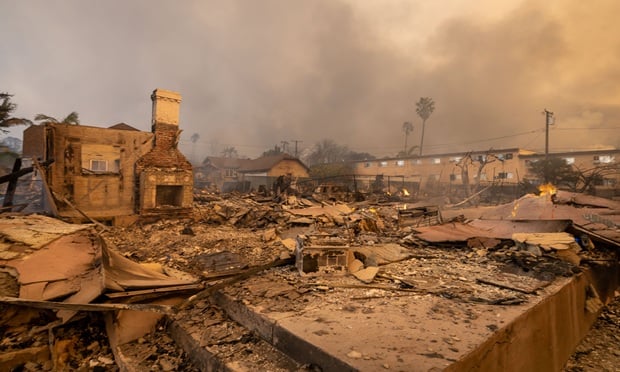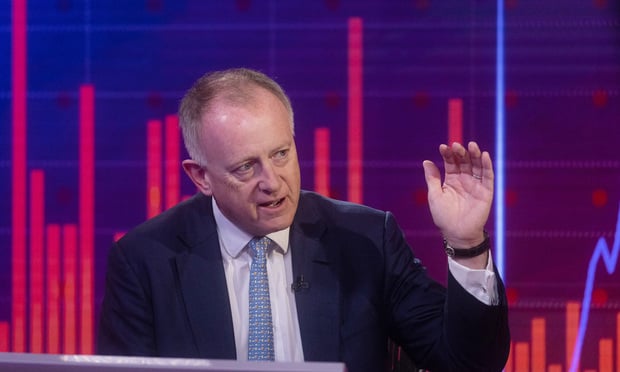The good news for Florida this hurricane season extends beyond the quiet storm activity. According to an October Miami Herald article, financial consultants suggest that the Florida Hurricane Catastrophe Fund (FHCF) is as strong as ever with $10 billion in cash on-hand. The FHCF will be able to cover its obligations this hurricane season after years of accruing value.
The FHCF was created after Hurricane Andrew when the Florida property insurance market virtually collapsed. It is essential today in providing reinsurance protection on a tax-exempt and non-profit basis, supplementing the private reinsurance market.
Since it was created in 1994, the FHCF has protected the market from collapse and has provided tens of billions of dollars in savings to homeowners. It has weathered all the storms, including the 6 major hurricanes that hit Florida in 2004 and then Wilma in 2005. In all that time, it has provided essential coverage. It has kept the market working, protected homeowners, and saved tens of billions of dollars.
Recommended For You
Want to continue reading?
Become a Free PropertyCasualty360 Digital Reader
Your access to unlimited PropertyCasualty360 content isn’t changing.
Once you are an ALM digital member, you’ll receive:
- Breaking insurance news and analysis, on-site and via our newsletters and custom alerts
- Weekly Insurance Speak podcast featuring exclusive interviews with industry leaders
- Educational webcasts, white papers, and ebooks from industry thought leaders
- Critical converage of the employee benefits and financial advisory markets on our other ALM sites, BenefitsPRO and ThinkAdvisor
Already have an account? Sign In Now
© 2025 ALM Global, LLC, All Rights Reserved. Request academic re-use from www.copyright.com. All other uses, submit a request to [email protected]. For more information visit Asset & Logo Licensing.








